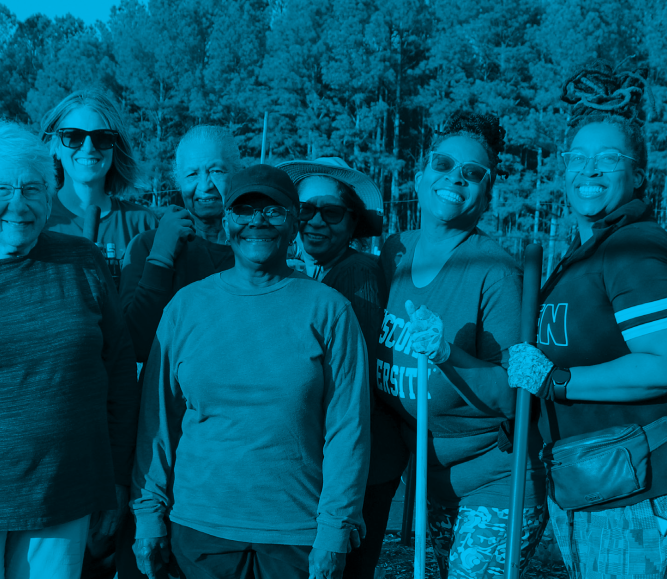Achievement Awards
Celebrating county innovation

About the NACo Achievement Awards
The Achievement Awards program is a non-competitive awards program recognizing innovative county government programs in 18 categories covering a wide spectrum of county responsibilities. One outstanding program from each category will be selected as the “Best of Category.”
By participating, your county can earn local and national recognition. Achievement Award winners have been featured in local media and in County News.
2026 Achievement Awards
The application period for the 2026 Achievement Awards is now open. Please take note of the important deadlines and opportunities below.
Key Deadlines
March 3, 2026 – Early Bird Submission Deadline
March 31, 2026 – Regular Submission Deadline
Early June 2026 – Notifications of Achievement Awards
Awards Ceremony
2026 NACo Annual Conference Jul. 17 -20, 2026 in Orleans Parish/New Orleans. La.
Special Opportunity
Counties with fewer than 50,000 residents are eligible to apply at no cost this year.

Questions?
NACo is here to help
Please complete the form below, or email awards@naco.org with any questions.